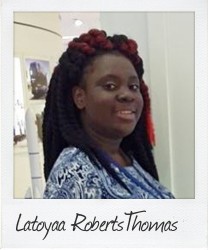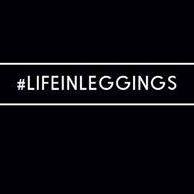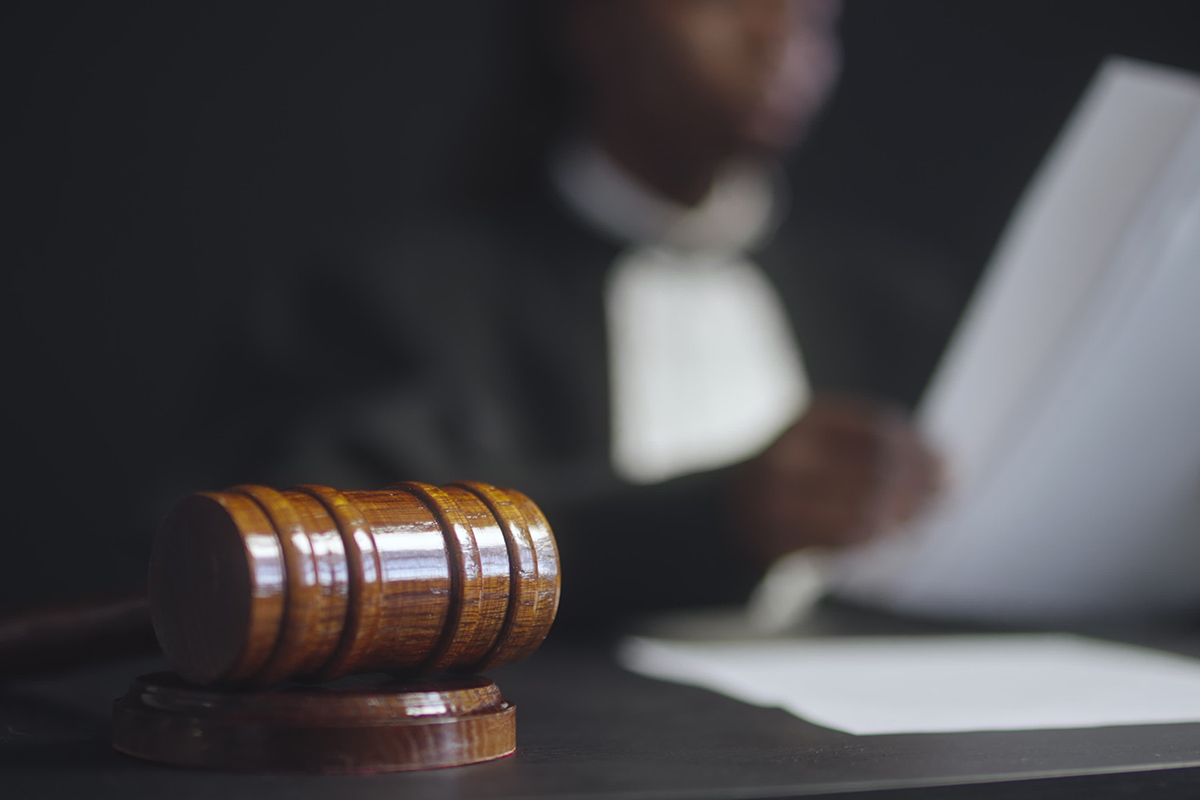“#LifeinLeggings: the Caribbean perspective”
February 1 Goal 5 of the SDGs addresses gender equality and empowerment, but Latoyaa Roberts-Thomas, 29, a Commonwealth Correspondent from Trinidad and Tobago, says parts of the Caribbean need greater understanding of gender discrimination and violence against women. A social media phenomenon is part of the response.
Goal 5 of the SDGs addresses gender equality and empowerment, but Latoyaa Roberts-Thomas, 29, a Commonwealth Correspondent from Trinidad and Tobago, says parts of the Caribbean need greater understanding of gender discrimination and violence against women. A social media phenomenon is part of the response.
Ronelle King and Allyson Benn of Barbados became annoyed by the continuous harassment by men in their society and created a movement primarily through social media to highlight their negative experiences.
Initially many thought this frivolous movement would dwindle, but quite the opposite took place. According to founders, the movement speaks to gender based issues and discrimination faced by women. With the hash tag #LifeinLeggings there has been a call for social transformation in both physical and virtual spaces. #LifeinLeggings is changing the mind-set and ultimately changing lives.
The University of the West Indies (UWI), Cave Hill Campus, Barbados held an open forum in December to continue the discussion that was generated on Facebook, Instagram and Twitter accounts bearing the hashtag LifeInLeggings.
Additionally, BBC Radio also saw the importance of this widespread movement and broadcasted an interview with the founders entitled, ‘LifeinLeggings: Caribbean Women Taking Power Back’ on BBC Radio on Sunday 11th December, 2016.
The movement generated in the tiny island of Barbados by two young ladies that sought a space for expression began echoing across the Caribbean.
Margaret Sampson Brown, the head of the Victim and Witness Support Unit of the Trinidad and Tobago Police Service, revealed that “between 2005 and 2015, almost 300 women have been murdered as a result of domestic violence… approximately of 30 women per year” (Alexander, 2016). In 2016 the Trinidad Guardian reported on December 11th 2016 that 45 women were murdered that year.
Dr. Sue-Ann Barrratt, Lecturer at Institute of Gender Studies, the University of the West Indies (U.W.I) highlighted that, “#LifeinLeggings movement adds to an activism against gender based violence and sexual violence in the Caribbean. It is especially important because it gives women a chance to speak on the silence. The features and functions of social media facilitated this in a way that has never been possible before.”
When questioned on the role of the government, she continued, “I know that there are efforts… but there needs to be sustainable efforts that are backed by policy initiatives. The government must invest in the consciousness raising among people”.
Ms. Gina Granado, a M. Phil student at the Institute of Gender Studies at U.W.I, strongly advocates that we cannot solve the problem of crime in Trinidad and Tobago without looking at Gender Based Violence. She stated, “#Lifeinleggings is a particularly important movement in the Caribbean as it allowed for maybe the first time, women from all parts of the region to share their personal experiences with GBV which sadly is so widespread in the region. It was about breaking the silence…a silence that in itself is a form of violence as for a long time many have been afraid to come forward!”
NGOs are also important in in solving GBV issues. Due to the national outrage and hurt for the series of violence against women, a number of local NGO’s and support groups such as Womantra, Powerful Ladies of Trinidad and Tobago (PLOTT), Network of NGOs for the Advancement of Women, Organisation for Abused and Battered Individuals, Lloyd Best Institute of the West Indies (LBIWI), hospital co-workers holding a Vigil for Crystal Tobias-Busby, #SheIsMySister and I am One TnT have held various activities or have spoken out across the twin-island republic.
Citizens have cried out in frustration and have taken public expressions not only for more public discussions, marches and vigils but now call for legalisation of pepper spray used in self-defence and even the drastic call to re-introduce hanging and reinstate the death penalty into the country.
Further up the islands, the hash tag ‘#LeveDominik’ appeared, inspired by the #LifeinLeggings movement. The campaign launched on Facebook in November, and is being operated by Delroy Nesta Williams and Khadijah Moore for victims of abuse, rape, and sexual harassment to share their stories, preferably anonymously. ‘Leve Dominik’ is Kweyol language and translates to ‘wake up Dominica’ or ‘lift up Dominica’. According to Williams, “Leve Dominik also seeks out stories from men as well, not just women and girls, because in Dominica 20 per cent of reported cases are by men and GBV cases are grossly under-reported. It was felt that it is important to address GBV in all its aspects.”
Now that #LifeinLeggings has gone viral, it is hoped that this movement does not have the traditional life cycle of a hashtag which pops up then fades away. It is hoped that by both sexes telling their stories this movement creates a transformation of the soul and minds so the issues of GBV do not become rhetoric.
There is no time like the present to share your story of GBV in order to affect change in the future. So here is mine:- # LifeinLeggings – A mother of two daughters who struggles with their biological father but still rises above the challenges and lives.
Photo credit: courtesy of #LifeinLeggings
……………………………………………………………………………………………………………………………………
About me: I work as a Communication Officer at the Division of Tourism and Transportation, Tobago House of Assembly in Trinidad and Tobago. I hold a first Degree in Communications Studies with Linguistics and International Relations and a Masters in Global Studies. I am currently pursuing a M.Phil in International Relations. I have a passion for youth development but also internal relations, and I like travelling the world.
……………………………………………………………………………………………………………………………………
Opinions expressed in this article are those of the author and do not necessarily represent the views of the Commonwealth Youth Programme. Articles are published in a spirit of dialogue, respect and understanding. If you disagree, why not submit a response?
To learn more about becoming a Commonwealth Correspondent please visit: http://www.yourcommonwealth.org/submit-articles/
………………………………………………………………………………………………………………………………………………………………




